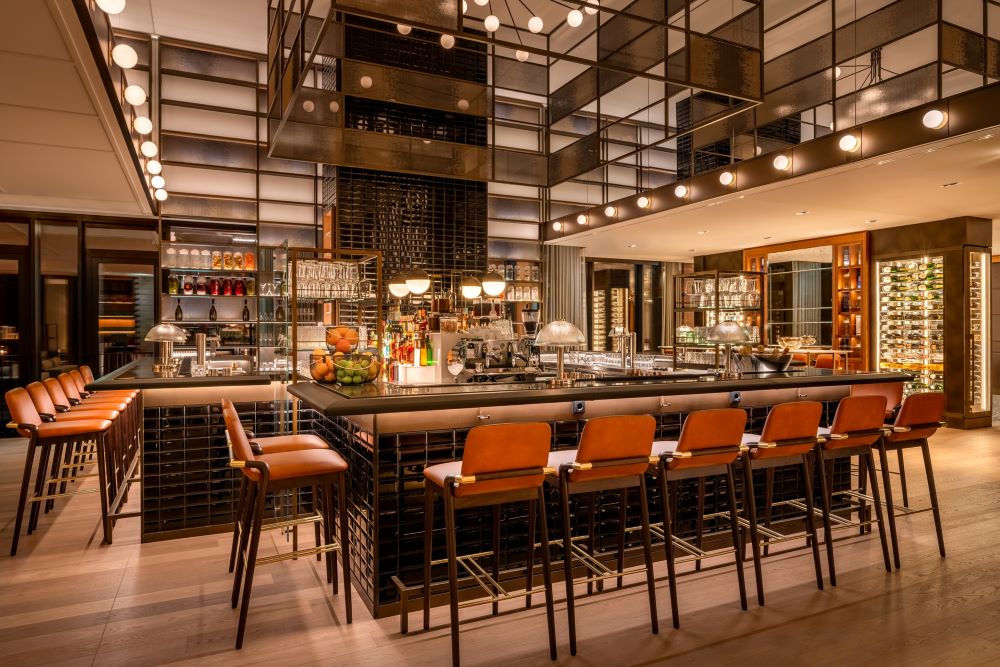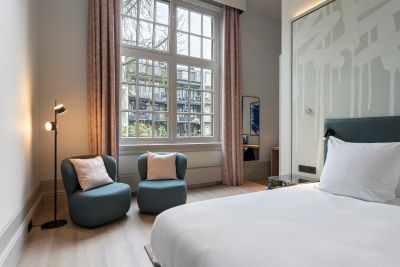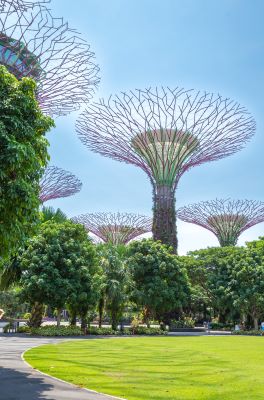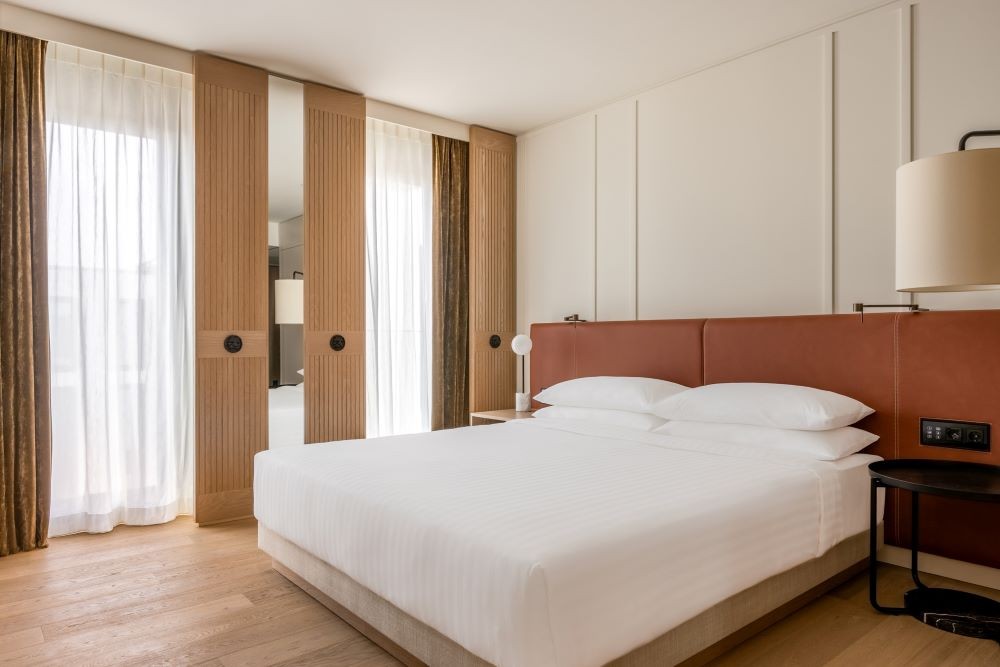Argentina

Marriott International recently signed on the Sheraton Buenos Aires Greenville Polo & Resort, marking the brand’s first property in Hudson, Buenos Aires Province, Argentina. The property is slated to open its doors to travelers in the third quarter of 2024.
Situated approximately 19 miles southeast from the vibrant city of Buenos Aires and 37 miles east of the Ezeiza International Airport, Buenos Aires, Sheraton Buenos Aires Greenville Polo & Resort will showcase 118 modern guest rooms and suites. The hotel is strategically positioned between two polo fields, incorporating the spirit of the Argentine sport into its ambiance.
Spanning over 21,500 square feet, gathering places include versatile group spaces and meeting venues and recreational amenities such as a swimming pool, fitness center, restaurant and spa.
[Related: Radisson Hotel Group's Global Development and a New Hyatt in Shanghai]

Germany
A second recent Marriott development, Munich Marriott Hotel City West, opened its doors in the vibrant Westend district of the city last September. The 398-room hotel features four dining concepts, a rooftop terrace, state-of-the-art gym and 20 meeting and event spaces.
With more than 26,000 square feet of meeting space spread out over two floors, the Munich Marriott Hotel City West can accommodate groups and events of any kind. The hotel’s nearly 10,000-square-foot grand ballroom is one of the largest ballrooms in Munich and can be divided and configured in a variety of ways. The ballroom also features 30 suspension points, four rotating screens and an approximately 19x13-foot hydraulic lifting stage for high-profile presentations and performances.
[Related: Recent Major Hotel Brand Debuts and More Global Property News (May 2024)]
The Netherlands
Amsterdam’s historic The College Hotel, Autograph Collection, reopened following the completion of a multimillion-dollar renovation. Situated just south of downtown Amsterdam in Oud-Zuid, one of the city’s most elegant neighborhoods, the boutique property offers more than 125 years of history as well as a refreshed and modern touch.

Housed in a former boys’ school that was constructed in 1894, The College Hotel offers a unique blend of 19th-century Neo-Renaissance architectural splendor and modern sophistication and is adorned with steeped gables, stained-glass windows and a natural stone facade.
Guests staying at The College Hotel, Autograph Collection, are greeted by a reimagined lobby and can enjoy updates throughout the hotel such as in the library, all 40 guest rooms and function spaces, along with a host of luxurious new amenities for an elevated guest experience.
Originally classrooms for students, the hotel’s guest rooms feature subtle references to schooling with chalkboard math problems that identify room numbers and accents like a graffiti can, report card and tic-tac-toe etchings in a wooden table. Within the hotel’s hallway carpeting, guests may notice handwritten Dutch and English messages that could have been found in notes passed between friends during class.
The renovation also included enhancements to the hotel’s function spaces. The three salons, each named after legendary Dutch artists (Pieter Corneliszoon Hooft, Suzanna van Baerle and Jan Herman Coster), can be transformed to host a variety of events like educational workshops, cocktail parties and seated dinners. Additionally, hosts can reserve The Courtyard, a peaceful oasis comprised of landscaped greenery, a bubbling fountain, a private bar, lounge furniture and a chandelier.
[Related: Germany's Iconic Hotel Reopening and More Global Property News]
Singapore

The Singapore Tourism Board (STB) launched several initiatives to raise sustainability standards across the meetings and events industry and reinforce its marketing slogan as the “World’s Best MICE City.”
In a effort to pave the way for a greener and more sustainable future for industry events, STB launched its Legacy Toolkit, a Singapore MICE Industry Carbon and Waste Baselining Study, and announced its ambition for carbon neutral participation at international tradeshows.
The legacy toolkit, designed to assist stakeholders understand legacy and impact and embark on creating their own, contains a clear framework titled “FIRM.”
The toolkit encourages planners to (F)rame their vision, (I)deate their initiatives, (R)ealize action plans and (M)easure impact. It also contains case studies to inspire legacy possibilities in Singapore. The legacy planning process aims to foster greater engagement between event organizers, venues, local communities and stakeholders.
The STB’s Industry Carbon and Waste Baselining Study aims to help industry professionals understand and reduce carbon emissions locally and abroad. The insights gained will also be significant in driving waste reduction and decarbonization strategies for positive environmental outcomes.






